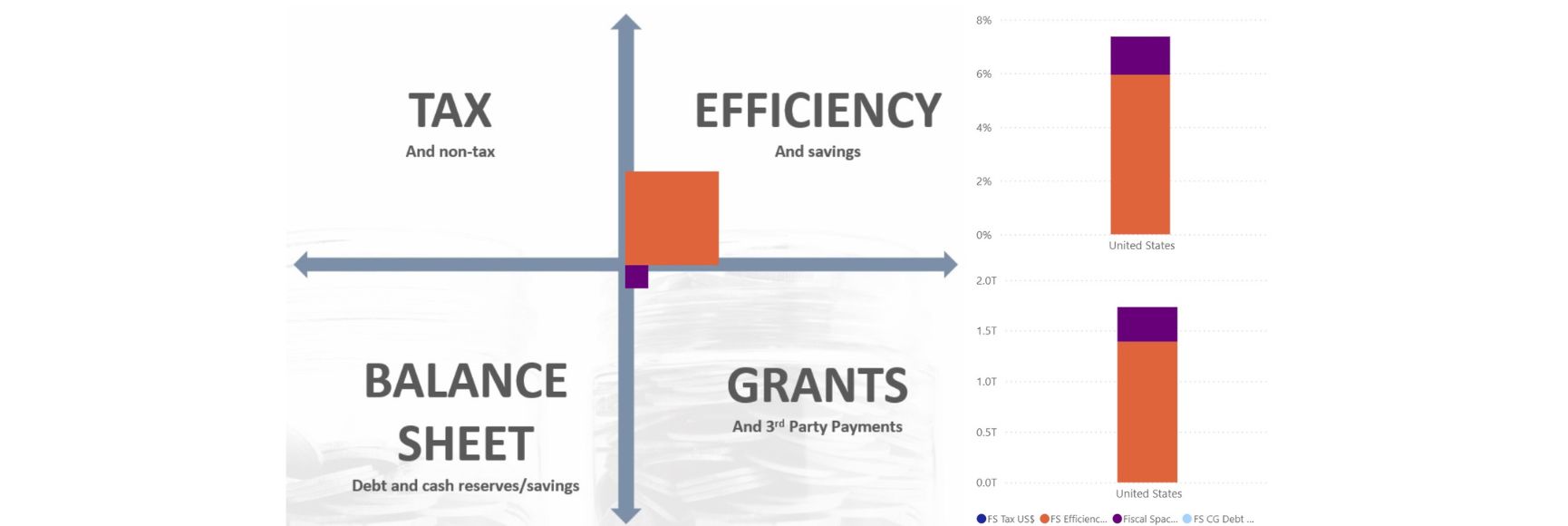Posted by Jean Pierre Nguenang[1]
As part of the recent reform of the legal framework governing public finances, Burundi has introduced a new mechanism for managing external resources, a special earmarks budget (BAS). This mechanism, which is in line with the 2005 Paris Declaration on Aid Effectiveness, balances the use of the national procedures, both in budgeting and execution, with the needs of donors. The initial experience with a BAS - in the form of the establishment of an Education Funding Pool (FCE) financed by certain donors for the 2011 and 2012 budgets – has been encouraging and marks the first step in the gradual introduction for the general budget of the modernization measures included in the updated public finance framework.
Inclusion of the BAS in the budget improves the coverage and transparency of the government budget
The funds granted by donors to the government, with the exception of direct budgetary assistance, are included under revenue and expenditure in the general budget of the government if the donors so wish. An annex to the budget law provides a breakdown of the origin and use of the funds. However, a BAS may be created for a group of projects or group of investment programs, combining the financing from one or more donors. The BAS may be supplemented by a budgetary allocation, which constitutes the national counterpart. The BAS comes under the sectoral ministry, which has primary responsibility for its implementation.
The 2011 and 2012 budget laws recorded a BAS in the education sector. This BAS/FCE, is under the management of the Ministry of Primary and Secondary Education (MEBS). During its first year, it included the following donors: Belgium, France, and the United Kingdom.
The BAS mechanism facilitates and gradually improves the strategic intra-sectoral allocation of funds. Through the BAS, donors support and assist the Burundi authorities with the planning and scheduling of projects and programs for the ministries involved. In the case of the FCE in particular, MEBS officials participate fully in the intra-sectoral choices for the allocation of the available financing.
Execution and monitoring of the BAS in accordance with national procedures
The BAS/FCE constitutes the first step in the implementation of the innovations introduced by the Public Finance Law, particularly in the area of budget execution, including the decentralization of payment orders, the deployment of expenditure commitment auditors in the sectoral ministries, and the separation between the payment order officer and the public accountant. This experience will promote the ownership of the modernization by stakeholders and their transposition to the general budget.
The management rules for the BAS are in accordance with the relevant rules set out in the General Regulations on the Management of Public Budgets (RGGBP).
All of the administrative phases of FCE expenditure take place within the MEBS in application of the procedures manual adopted for this purpose. This manual includes and explains the management procedures outlined below. The Minister of Primary and Secondary Education is the secondary authorizing officer; the Director General of Finance of the MEBS is the delegated secondary authorizing officer; an expenditure commitment auditor is located in the MEBS; and a dedicated public accountant is appointed by the Minister of Finance. The funds are deposited in a subaccount in the single government account opened at the Bank of the Republic of Burundi. Two specific accounts have been opened: (i) one is the foreign currency master account that receives the donor payments; and (ii) the other, a domestic currency operations accounts, is a subaccount of the CUE that receives transfers from the master account and records the BAS payments.
The execution of FCE operations follows national procedures for public contracts and the auditing of such contracts, in accordance with best international practices, although all public contracting requires a prior “non-objection” from the donors before they are signed, and public contracting and auditing structures have limited resources to conduct their missions.
Regular joint meetings are held between the donors and the MEBS, in application of the FCE procedures manual. These meetings, which are recorded in minutes, are used to review the level of execution, discuss difficulties encountered, and schedule operations. A dedicated software (known by its acronym, TROMPO) tracks FCE operations in real time and downloads the data into the Ministry of Finance’s interim public finance management system (SIGEFI).
A positive balance which augurs for an improved outlook for the management of donor funds
The FCE mechanism has received positive feedback from those who are implementing it, who have observed an improvement in the quality of the commitment files submitted by the authorizing ministry and more rapid execution of expenditures. During the first third of 2012, FCE execution was good: approximately 62 percent of commitments and 30 percent of payments out of the total forecast for the year.
The deployment of this BAS for education has also been guided by regular audits and expertise to provide capacity-building for national officials in financial management and accounting, public procurement, and reporting.
Owing to the success achieved in 2011, new donors asked to participate in the BAS, and Norway officially joined the FCE starting with the 2012 budget. At the same time, the United Kingdom, which closed its local office on March 30, 2012, withdrew from the FCE. In total, the amounts budgeted for the FCE increased by nearly 19.7 percent in 2012 in comparison with 2011. New financing is in the process of being formalized with the “Global Partnership for Education” and will be concluded shortly. The government and the donors plan to establish a second BAS for the agriculture sector in the future.
[1] The article uses inputs from Messrs. Paul Lambers and Ed Lamot (both resident experts for the Belgium Technical Cooperation in Bujumbura, Burundi).
Note: The posts on the IMF PFM Blog should not be reported as representing the views of the IMF. The views expressed are those of the authors and so not necessarily represent those of the IMF or IMF policy.





